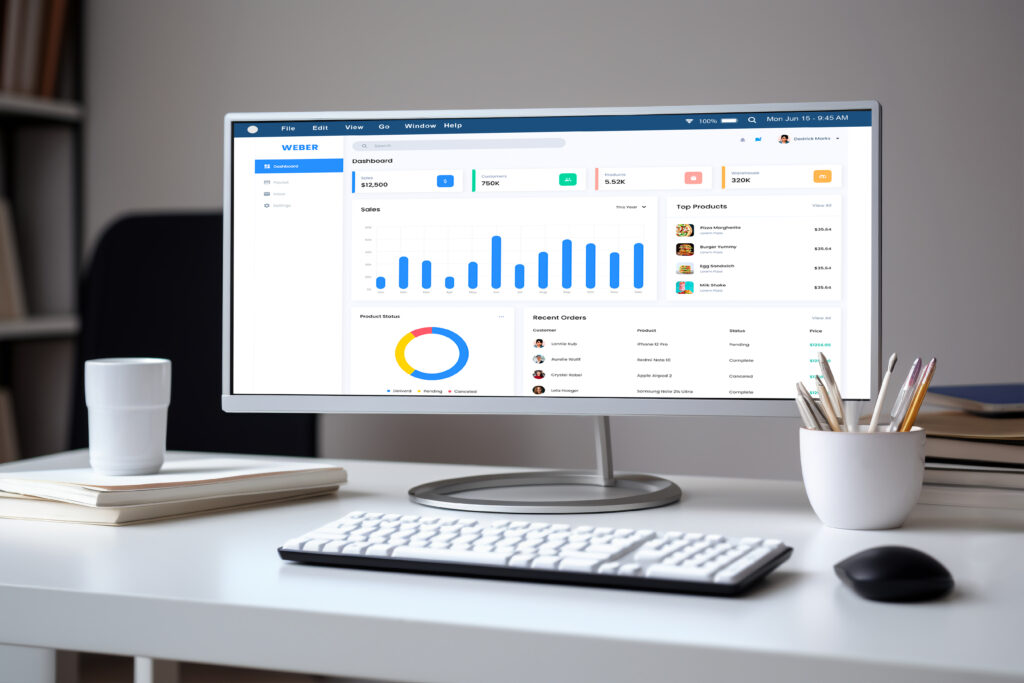Google Templates for SEO: Streamline Your SEO Strategy with Google’s Tools
For SEO professionals and businesses alike, maintaining an organized SEO strategy is crucial to achieving strong rankings and online visibility. Google offers a range of templates through its tools like Google Sheets, Google Data Studio, and Google Docs, which can simplify SEO tasks, track performance, and help ensure consistency. In this guide, we’ll explore how using Google templates for SEO can make a difference, which templates are must-haves, and how to implement them effectively.
Why Use Google Templates for SEO?
Google templates provide a streamlined way to manage various aspects of SEO, from keyword research and content calendars to tracking performance metrics. The advantages of using Google templates include:
- Easy Collaboration: With cloud-based templates, teams can easily collaborate in real-time, making updates and ensuring everyone stays on the same page.
- Efficiency: Pre-built templates eliminate the need for creating documents from scratch, saving time.
- Consistency: Templates standardize your process, ensuring that your SEO tasks and reports are uniform and professional.
- Integration: Google templates integrate seamlessly with other Google tools like Google Analytics and Google Search Console, enhancing data gathering and analysis.
Essential Google Templates for SEO Success
Here are some key templates that every SEO professional should consider incorporating into their workflow.
1. Keyword Research Template
Purpose: To organize and analyze keywords based on search volume, competition, and relevance.
Template Features:
- Keyword list with metrics like search volume, keyword difficulty, and CPC.
- Columns for categorizing keywords by intent (e.g., informational, transactional).
- Ranking positions and target pages to track progress over time.
How to Use: Use Google Sheets to create a detailed keyword research template. You can pull data from tools like Google Keyword Planner, Ahrefs, or SEMrush and categorize it in Sheets for easy sorting and prioritizing.
2. SEO Content Calendar
Purpose: To plan, schedule, and track SEO-focused content across your website.
Template Features:
- Columns for title, target keyword, word count, publish date, and author.
- Status column (e.g., drafted, in review, published) to track content creation.
- Goals section to define objectives for each piece (e.g., traffic, conversions).
How to Use: In Google Sheets or Google Calendar, create a monthly content calendar template. This helps keep content efforts aligned with SEO goals and ensures content is published on time.
3. On-Page SEO Checklist
Purpose: To ensure all SEO best practices are implemented on each page before publishing.
Template Features:
- Checklist items like meta title, meta description, header tags, alt text, internal linking, and keyword placement.
- Columns for page URL and target keyword.
- Status indicator for completed optimizations.
How to Use: In Google Sheets, create a checklist to verify that each page on your website adheres to on-page SEO standards. Use this template as a part of the content approval process to catch any missing elements.
4. Backlink Tracking Template
Purpose: To monitor backlink acquisition and identify link-building opportunities.
Template Features:
- Columns for linking website, link type, anchor text, target URL, and domain authority.
- Status indicator (e.g., live, pending, removed) to track link status.
- Notes section for additional comments on each link.
How to Use: With Google Sheets, record each backlink you acquire or intend to pursue. This helps in monitoring your link-building progress, identifying high-quality links, and maintaining a balanced link profile.
5. SEO Audit Template
Purpose: To document the results of an SEO audit and plan improvement actions.
Template Features:
- Categories like technical SEO, on-page SEO, and content issues.
- Columns for issue description, priority level, and recommended action.
- Status indicator to monitor the progress of fixes.
How to Use: Use Google Docs or Google Sheets to create a comprehensive audit template. This document serves as the foundation for identifying issues and assigning priorities, ensuring all aspects of SEO are addressed systematically.
6. Monthly SEO Report Template
Purpose: To provide clients or stakeholders with an overview of SEO performance.
Template Features:
- Metrics like organic traffic, keyword rankings, and conversions.
- Visual elements like graphs for tracking progress.
- Comparison with previous periods to highlight growth.
How to Use: In Google Data Studio or Google Sheets, create a report template that pulls in data from Google Analytics and Google Search Console. This report makes it easy to demonstrate the impact of your SEO efforts and identify areas for improvement.
How to Create and Customize Google Templates for SEO
Customizing templates ensures they are tailored to your specific needs. Here are steps to create and personalize Google templates for SEO:
- Start with Pre-Built Templates: Google Sheets and Data Studio offer a range of pre-built templates in their template gallery. Start with these and add your unique data fields as needed.
- Link to External Tools: If you’re using tools like Google Analytics or Google Search Console, link your Google Sheets or Data Studio templates to automatically pull in data.
- Use Conditional Formatting: Apply conditional formatting to highlight important metrics like high-traffic keywords or pages needing updates.
- Add Visual Elements: For reports, consider adding graphs and charts to help visualize data, making it easier for stakeholders to understand.
- Automate Updates: For ongoing tasks like backlink tracking or keyword ranking updates, use formulas or Google Apps Script to automate data pulls and save time.
Final Thoughts
Using Google templates for SEO can streamline your workflow, ensuring you cover all essential tasks and have organized, accessible data to analyze. Whether you’re managing keyword research, content planning, or backlink tracking, a template-based approach helps maintain consistency and saves time. Experiment with the templates above, customizing them to your specific needs, and enhance your SEO efforts with Google’s powerful, collaborative tools.

